After years of delay, Southern Baptists passed a series of reforms in 2022 aimed at addressing abuse in the nation’s largest Protestant denomination.
Those reforms included setting up a “Ministry Check” database to track abusive pastors and training churches on how to prevent abuse and to care for abuse survivors.
The plan for reforms, however, did not address who would pay for them over the long haul.
Instead, Send Relief, a partnership between the Southern Baptist Convention’s International Mission Board and North American Mission Board that does compassion ministry, provided $4 million in initial funding. That will pay for setting up the Ministry Check website, which could cost as much as $2 million, according to Baptist Press, an SBC news publication.
Paul Chitwood, president of the IMB, and Kevin Ezell, president of NAMB, told media in an email that they support the abuse reform and that the Send Relief funding has been “more than adequate for the Task Force’s implementation expenses to date.”
Your tax-deductible gift helps our journalists report the truth and hold Christian leaders and organizations accountable. Give a gift of $30 or more to The Roys Report this month, and you will receive a copy of “Hurt and Healed by the Church” by Ryan George. To donate, click here.
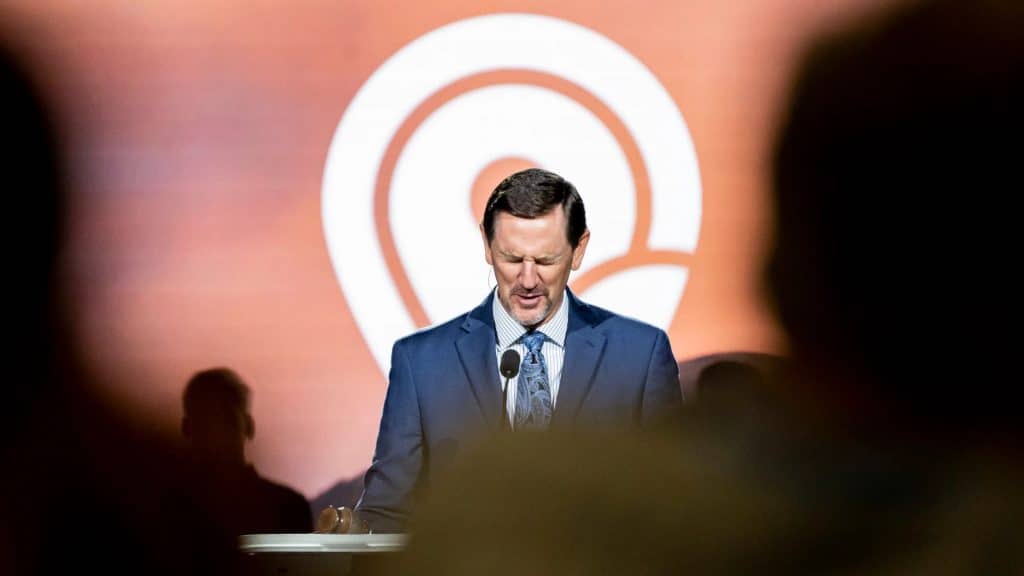
“The IMB and NAMB continue to invest significant resources in doing all we can to ensure that we care for survivors of abuse and protect against abusers,” Chitwood and Ezell told media in an email.
“That isn’t going to change. We are confident Southern Baptists will continue this important work.”
The question of how to pay for reforms long-term became an issue this week after the SBC’s Executive Committee announced it had lost $6 million over the past fiscal year, mainly due to the cost of responding to the sex abuse crisis.
The committee’s unrestricted assets, which had previously totaled just over $12.2 million, dropped by $6 million in the last fiscal year, according to a report during a committee meeting in Nashville, Tennessee, last week.
That kind of loss is “unsustainable,” according to the committee’s auditors.
A spokesman for the Executive Committee said most of the decline is due to short-term expenses, including the 2022 Guidepost sexual abuse investigation — which led to abuse reforms — and legal fees related to a subsequent Department of Justice investigation.
The Executive Committee has also paid the cost of implementing some abuse reforms, including a hotline to report abusers. But the Executive Committee’s reserves cannot sustain those reforms and there’s no current plan for funding abuse reforms long-term.
“The problem is the unknown,” Mike Bianchi, interim chief financial officer for the Executive Committee, told committee members during last week’s meeting.
When asked about the audit report, Bianchi gave more details about the auditor’s concerns.
“Unsustainable is the notion that the EC lost or used $6 million of liquidity this year and that is not sustainable,” he told committee members.
Most convention-wide ministries, such as missions and seminary education, are funded through the SBC’s Cooperative Program, which pools money from local churches. However, an initial plan to tap Cooperative Program funds to pay for abuse reforms ran into resistance last year. That plan was tabled after Send Relief stepped forward to help subsidize.
Tapping Cooperative Program funds for the reforms would be tricky.
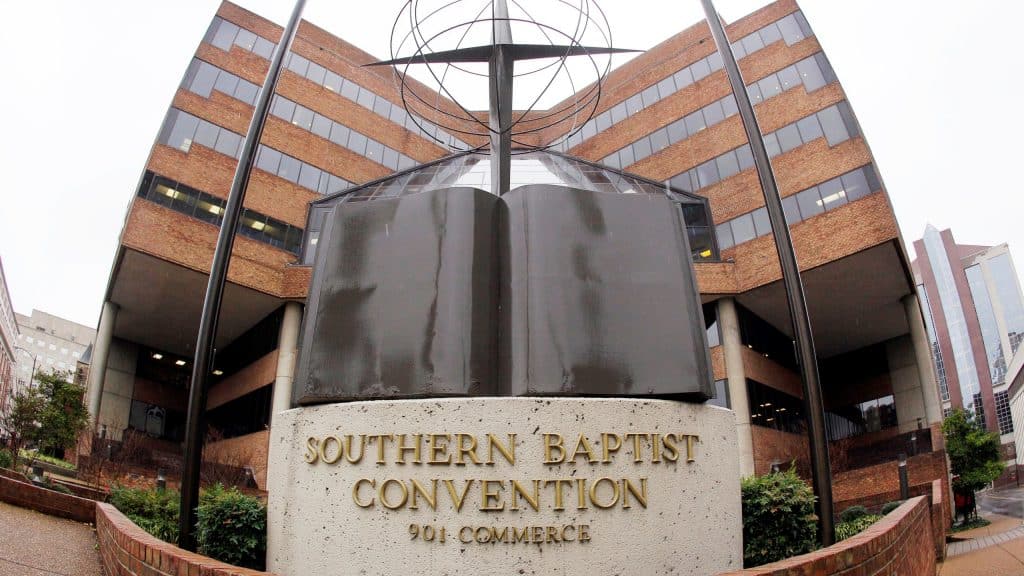
In recent years, Southern Baptists have reduced the percentage of Cooperative Program funds that goes to state conventions and to the Executive Committee in order to send more money to missions. Local churches may be reluctant to approve of using funds meant for missions to pay for reforms.
In addition, some pastors have already threatened to rethink their church’s Cooperative Program giving because of how the abuse reforms are being implemented.
Last week, the task force charged with implementing those reforms announced plans to contract with Guidepost Solutions, a consulting firm that previously completed a major SBC abuse investigation, to set up the Ministry Check website. That angered Guidepost critics, who were already suspicious of Guidepost because the firm supports LGBTQ rights.
After the Guidepost announcement, a pair of prominent Florida Baptist pastors — the Rev. Willy Rice of Calvary Baptist Church in Clearwater and the Rev. Heath Lambert of First Baptist Church in Jacksonville — publicly criticized the decision.
Rice, who dropped out of last year’s SBC presidential race after past abuse by one of his church’s deacons became public, said on Twitter that his church was one of the largest givers to the Cooperative Program in the state of Florida. The church will likely reevaluate its giving if Guidepost is hired, Rice tweeted. The Rev. Mike Stone, a Georgia pastor who narrowly lost the 2021 SBC presidential race, said hiring Guidepost “poses an existential threat to our cooperative efforts as a convention.”
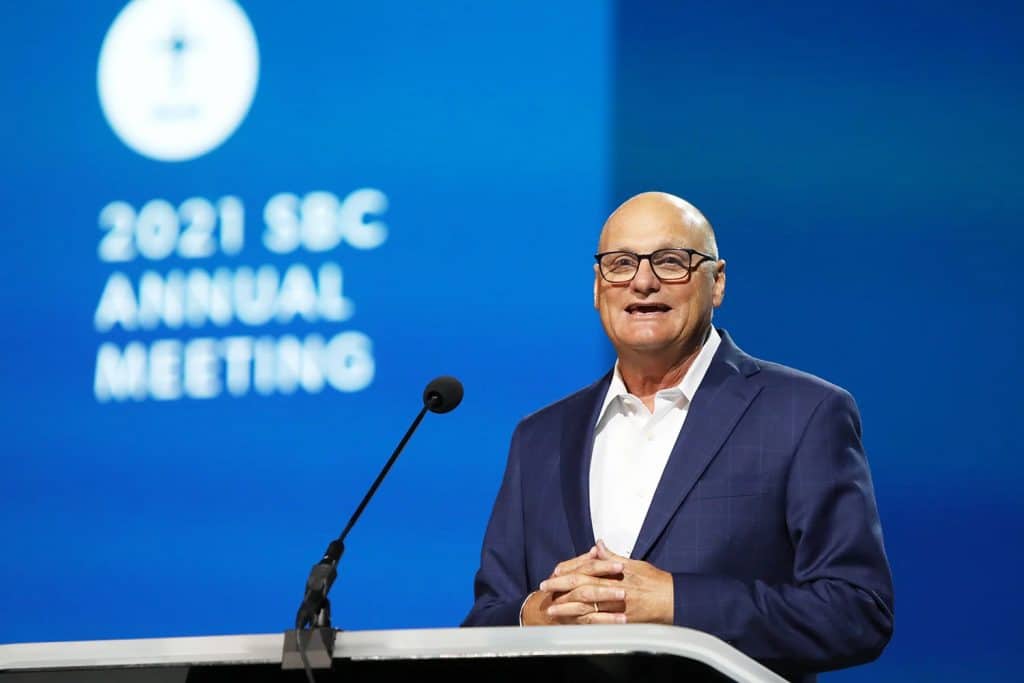
This week, the abuse reform implementation task force posted an update on its website to answer questions that arose after the Guidepost announcement. That task force will also make a report to the 2023 SBC annual meeting this summer in New Orleans.
Dale Huntington, pastor of City Life Church in San Diego, said he would support using Cooperative Program funds to pay for abuse reforms.
“I would support it because Jesus calls us to welcome the children,” he said. “I’m not interested in having a great ministry and a millstone around my neck.”
Southern Baptists could also consider tapping other funding sources outside of Cooperative Programs to pay for abuse reforms. The denomination’s national entities, including the two mission boards and six seminaries, control about $1.1 billion in unrestricted funds, according to the 2022 SBC annual book of reports.
Many of those unrestricted assets are used to cover ministry expenses, such as covering health care for missionaries and care for retired missionaries. The SBC also requires the entities to hold several months of operating costs in reserves.
The cost of abuse reforms has been an ongoing controversy in the SBC. A group of former members of the denomination’s Executive Committee tried to limit the scope of the initial Guidepost abuse investigation in 2021. They also tried to control how much of the report became public — out of fear that being transparent would open the SBC to lawsuits and cost millions.
When their side lost, more than a dozen committee members resigned, as did the then-president and CEO of the Executive Committee.
 Bob Smietana is a national reporter for Religion News Service.
Bob Smietana is a national reporter for Religion News Service.







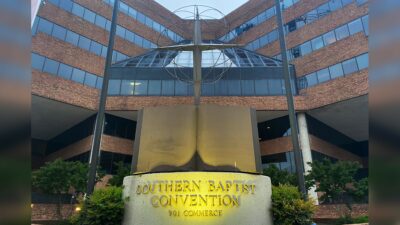




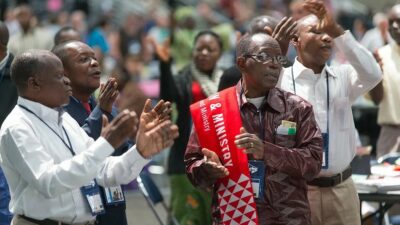
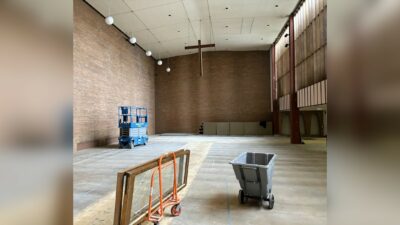






One Response
In the past I have been so naive as to think that my giving in the church would go to spreading the gospel and helping the poor. Instead it seems like it is going to reforms and prevention of the sexual sins of the clergy, amongst other things. It is a sad state of affairs. I am pretty much D.O.N.E. with denominations. We have strayed so far from what true Christianity is about.